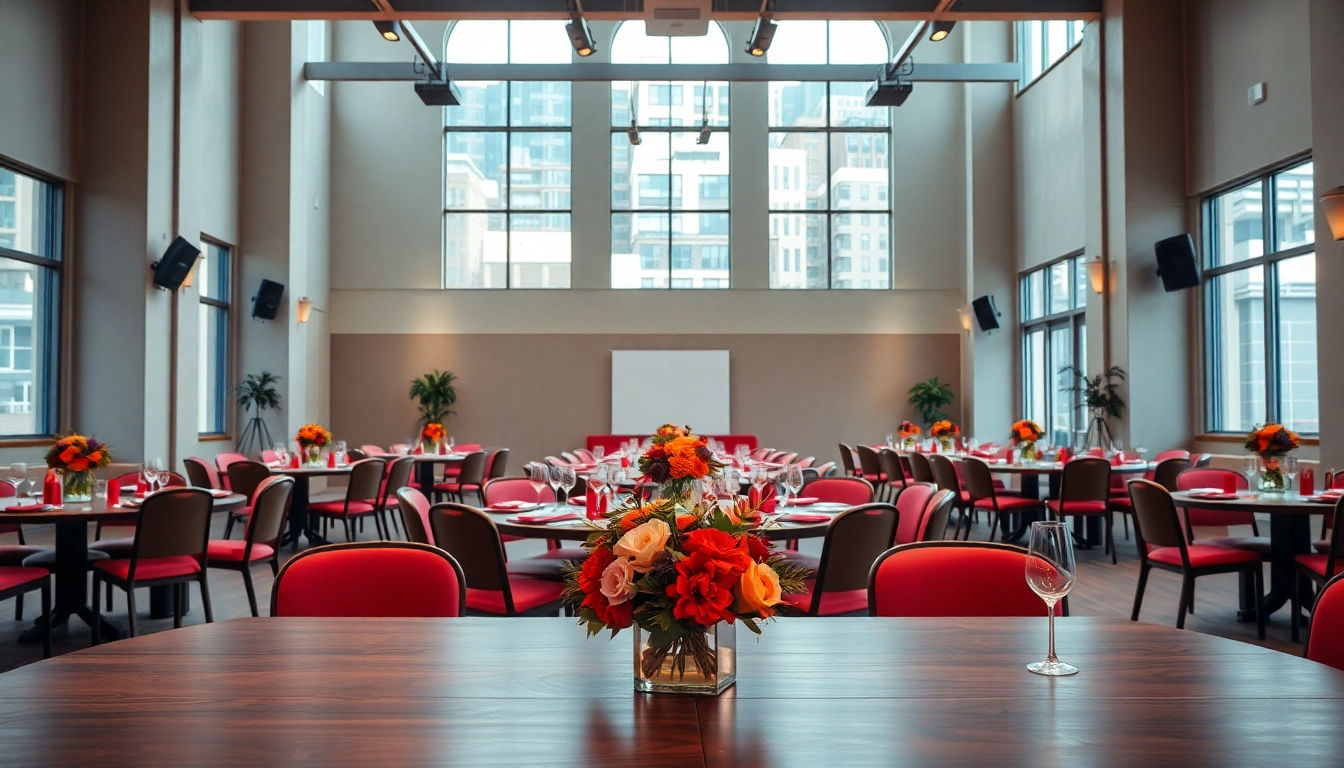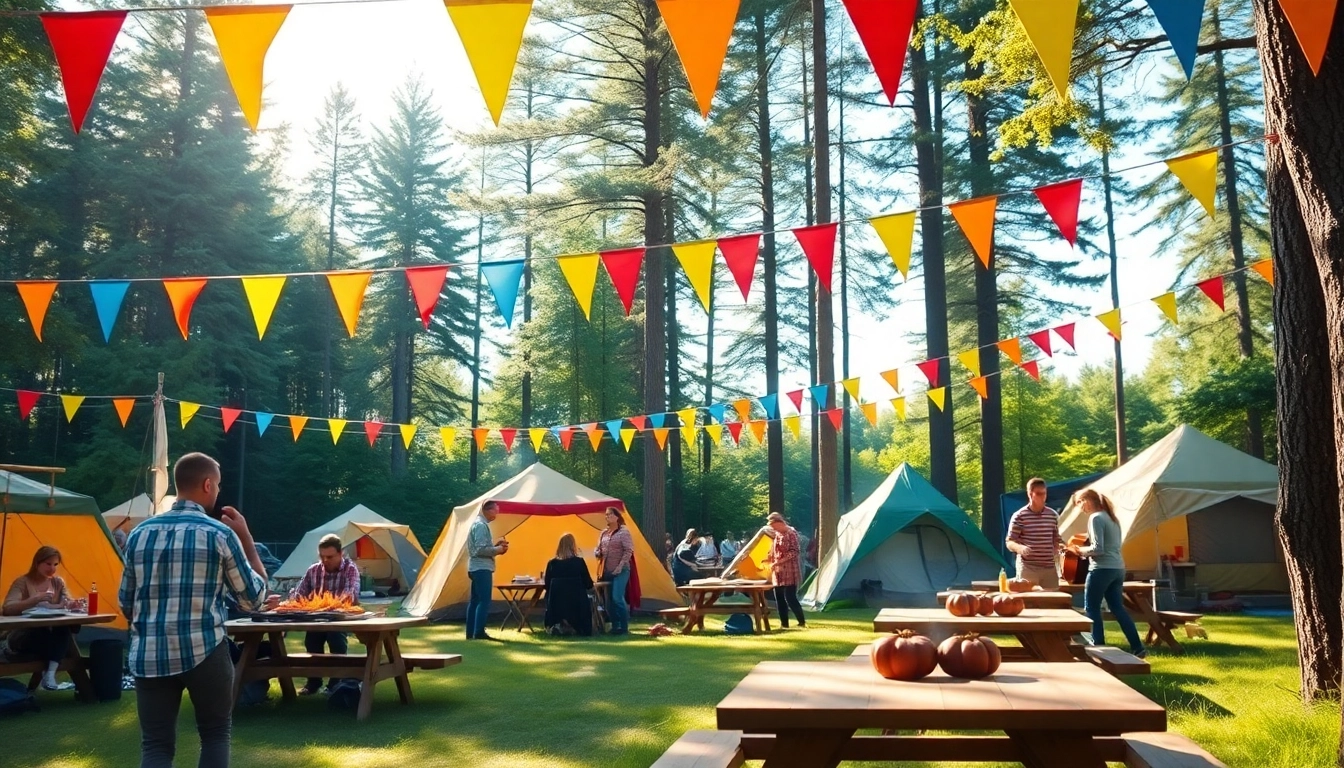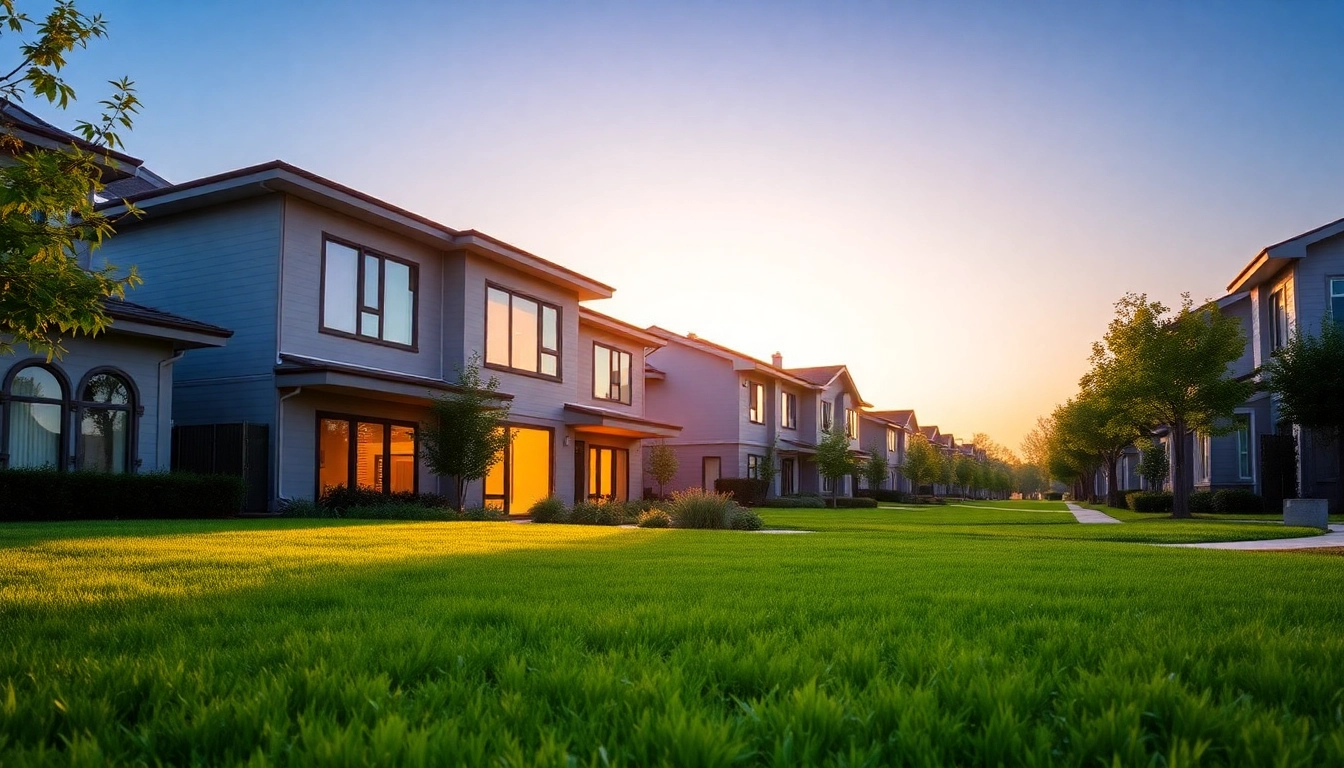Understanding the Importance of an Event Space
Finding the right event space is crucial for the success of any gathering, whether it be a corporate meeting, wedding, or social event. An event space is not just a location; it sets the tone for the gathering and plays a critical role in ensuring that every aspect of the event is executed seamlessly. Let’s delve deeper into why the selection of an event space matters and how it impacts the overall experience of all attendees.
The Role of an Event Space in Event Success
The event space serves as an essential backbone of any event, underpinning its success. Numerous factors contribute to this, such as:
- Atmosphere: The character and charm of an event space significantly influence attendee mood and engagement. Creative spaces combined with suitable décor can elevate the experience.
- Accessibility: Easy access to the venue ensures higher attendance, as well as provides comfort to guests arriving from various locations.
- Logistical Support: Many spaces offer additional services such as catering and equipment rental, providing a one-stop solution for the planners.
Types of Event Spaces Available
Understanding the variety of event spaces is critical for selecting one that best fits your event’s objectives. Options may include:
- Banquet Halls: Ideal for formal dinners or large gatherings.
- Meeting Rooms: Suitable for small business meetings and workshops.
- Outdoor Spaces: Parks and gardens offer naturally beautiful settings, especially for weddings and celebrations.
- Studios and Galleries: Perfect for art exhibitions, creative workshops, or fashion shows.
- Unique Venues: These may include historic buildings, warehouses, or lofts that offer distinctive ambience.
Determining the Right Event Space for Your Needs
Choosing the right event space requires careful consideration of several aspects:
- Capacity: Ensure the space can comfortably accommodate your expected number of attendees.
- Location: A venue that is convenient for most attendees can increase participation and satisfaction.
- Functionality: Evaluate if the space has the necessary facilities tailored to your event’s activities.
Key Features to Look for in an Event Space
When searching for an ideal event space, keep an eye out for specific key features that would benefit your event:
Location and Accessibility Considerations
The geographic location of your venue can heavily influence attendance rates. Places that are easy to access via public transport or with ample parking options help to ease the logistics for attendees. Moreover, consider the proximity of the venue to hotels, restaurants, and attractions. A central location not only enhances accessibility but cultivates a positive experience for out-of-town guests.
Amenities and Services Offered
Assess the amenities included with the venue. Look for facilities such as:
- Audio/Visual Equipment: Matching your tech needs will streamline presentations, speeches, and entertainment.
- Catering Services: Check if the venue collaborates with catering services or whether you can choose your provider.
- WiFi Availability: Essential in today’s digital world, especially for corporate events.
- Furniture: Confirm whether the event space provides chairs, tables, and setup assistance.
Space Design and Functionality
The layout and design of the event space can significantly impact guest interaction and comfort. Consider the following:
- Flexibility: A space that adapts easily to various setups (e.g. theater, classroom, U-shape) can cater to diverse events.
- Opacity: For workshops or seminars, a more supportive design ensures participants feel encouraged to interact and engage.
How to Plan an Event Around Your Chosen Event Space
Once you have secured the right event space, planning your event becomes much easier yet requires organized logistics and strategic thinking. Here are critical steps to follow:
Setting Event Goals and Objectives
Begin with establishing clear goals and objectives for your event. Consider factors such as:
- The purpose of the event (e.g., networking, learning, celebration).
- Your target audience and their expectations.
- Desired outcomes – what do you want attendees to take away from the event?
Coordinating Logistics with the Event Space
Communication with the venue’s management is key. Regular meetings and clear communication lines ensure:
- Hierarchy of responsibilities is clear.
- Timelines and schedules are coordinated.
- Any restrictions regarding setup, teardown, and access are understood.
Incorporating Thematic Elements into the Event Space
Depending on the nature of your event, aligning the event’s theme with spatial decor can create a cohesive experience. Consider:
- Color Schemes: Use colors that resonate with your branding or event theme.
- Decor Elements: Integrate themed props, banners, or artwork that reflects the event’s purpose and audience preferences.
Maximizing Engagement in Your Event Space
To ensure your event resonated well with attendees, foster engagement by applying creative strategies throughout your event space:
Creating Interactive Experience Zones
Design zones that encourage interaction among attendees, featuring:
- Networking Areas: Comfortable seating arrangements can facilitate conversations.
- Activity Stations: Consider adding games, photo booths, or demonstrations relevant to the event theme.
Utilizing Technology in the Event Space
Incorporating technology enhances participant experience. Explore options like:
- Live Polling & Q&A: Tools that allow real-time interaction keep audiences engaged.
- Event Apps: Help attendees stay informed about schedules, sessions, and presentations.
Feedback and Improvement for Future Events
Post-event feedback is invaluable. Utilize technologies that allow attendees to provide feedback easily and implement findings:
- Conduct surveys focusing on venue quality, content relevance, and overall satisfaction.
- Assess feedback to make necessary adjustments for future endeavors.
Common Mistakes to Avoid in Event Space Planning
Despite careful planning, several common pitfalls can threaten the success of your gathering. Here are vital mistakes to steer clear of:
Underestimating Capacity Needs
Avoid the temptation to choose a smaller space to save costs. An inadequately sized venue leads to discomfort, crowding, and a negative experience for attendees. Always assess the size requirements of the event beforehand.
Neglecting Equipment and Setup Requirements
Inadequate equipment can hamper your event’s success. Always check:
- Audio and video equipment in accordance with event needs.
- Availability of setup features like stages or breakout rooms.
Ignoring Accessibility Considerations
Accessibility should be a top priority. Ensure your event space caters to attendees with different needs by providing ramps, restrooms, and seating arrangements that accommodate everyone.



